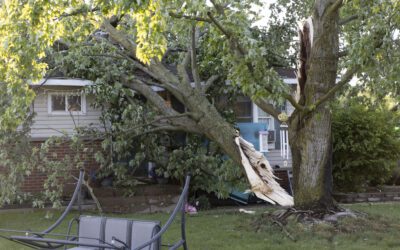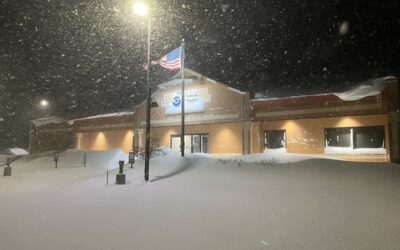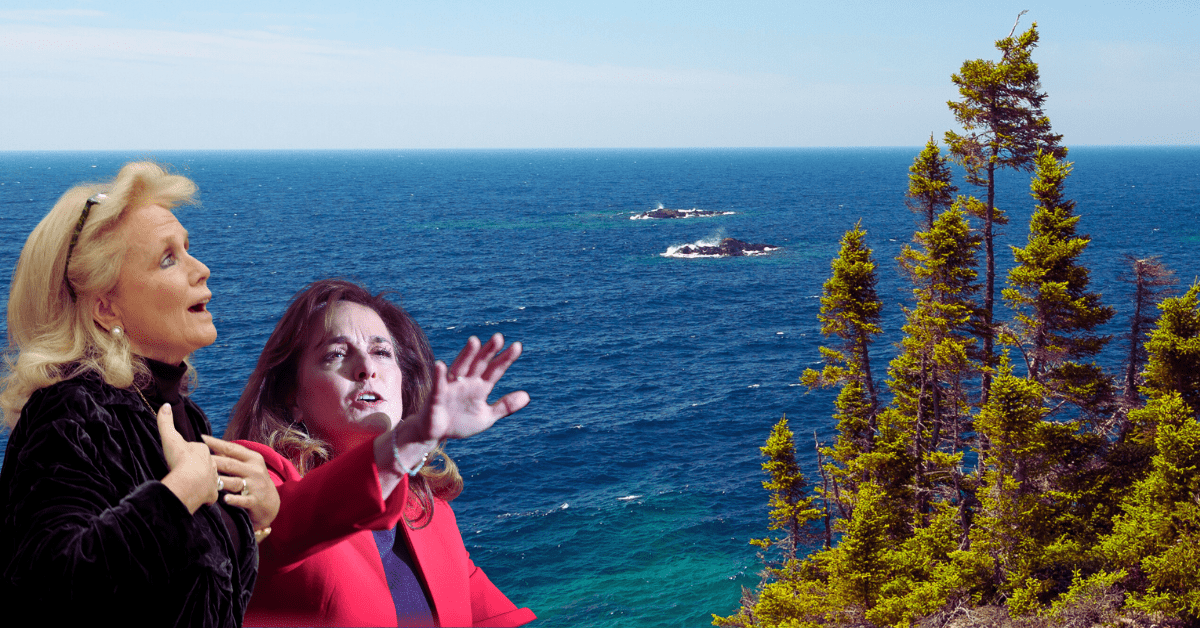
US Reps. Debbie Dingell and Lisa McClain introduced legislation that would map out the lake beds of the Great Lakes—and maybe find an undiscovered shipwreck or two.
MICHIGAN—US Rep. Debbie Dingell (D-Michigan) calls herself a “Great Lakes person.”
So, when she learned that much of the Great Lakes have never been fully explored, she knew something needed to be done about it. There’s simply too much historical and scientific knowledge—particularly about Michigan’s marine life—being left undiscovered, Dingell said.
“I grew up on the water. I love our water. The Great Lakes account for 20% of the freshwater in the world,” Dingell told The ‘Gander. “It’s really one of the greatest natural resources in the world —and it’s never been mapped. We map our oceans. We map all kinds of things, but we don’t really know what’s at the bottom of the Great Lakes. We’ve never invested in exploring it.”
Beyond serving as the largest freshwater system on the planet, the Great Lakes border eight states (plus Ontario) and serve as a vital economic hub—with more than 200 million tons of cargo shipping through the Great Lakes annually, according to a congressional analysis.
The Great Lakes also boast a rich biodiversity, as home to more than 3,500 species of plants and animals—including nearly 200 species of fish, some of which are critical to food supplies.
But despite the far-reaching economic, social, and environmental significance of the Great Lakes, much remains to be understood about marine habitats and the underwater environment.
Dingell wants to change that.
Legislation she introduced this year with US Rep. Lisa McClain (R-Michigan) would direct the federal government to conduct a full high-resolution mapping of the lake beds of the Great Lakes—and authorize at least $200 million in federal funding to get the project started.
It’s called the Great Lakes Mapping Act.
“The more we know, the easier it becomes for us to better protect them for generations to come,” Dingell said. “Do we have minerals down there that we could use? I mean, we don’t know. There are shipwrecks. There have been different species that have been down there.”
According to the Great Lakes Observing System, the Great Lakes have never been mapped in detail. Plenty of maps have been created that show the shape and depth of the lake floor, but they’ve all reportedly relied on decades-old data or low-resolution imaging technologies.
Dingell’s legislation calls for bathymetric mapping of the lake beds using modern, high-density data—which would, in turn, allow for the creation of extremely detailed maps that could be useful for resource management, research, and climate change mitigation strategies.
According to the Great Lakes Observing System, those detailed maps would be capable of visualizing small objects such as pipelines, cables, boulders, and, of course, shipwrecks. The maps (and all data collected through the project) would also be made available to the public.
“The Great Lakes are also a very significant economic driver for this region,” Dingell said. “There are just thousands of questions. It’s kind of unbelievable that we haven’t done this yet.”
Without intentional and comprehensive exploration, the discovery of hidden resources, shipwrecks, ancient artifacts, and marine habitats may not be possible, Dingell told The ‘Gander. She also said the $200 million allocation is just the “beginning” of the initiative.
“It’s not going to be enough. Let’s just be honest,” she said. “It’s a good number for starting. And then, if we do find and explore and realize the importance of this, we’ll have to get more dollars.”
READ MORE: Michigan invests federal funds to help communities protect drinking water
For the latest Michigan news, follow The ‘Gander on Twitter.
Follow Political Correspondent Kyle Kaminski here.
Support Our Cause
Thank you for taking the time to read our work. Before you go, we hope you'll consider supporting our values-driven journalism, which has always strived to make clear what's really at stake for Michiganders and our future.
Since day one, our goal here at The 'Gander has always been to empower people across the state with fact-based news and information. We believe that when people are armed with knowledge about what's happening in their local, state, and federal governments—including who is working on their behalf and who is actively trying to block efforts aimed at improving the daily lives of Michigan families—they will be inspired to become civically engaged.


Empowering environmental stewardship: barn sanctuary champions compassion and conservation
By Donté Smith, Capital News Service LANSING — The Great Lakes, a vital freshwater expanse for millions, face an ongoing environmental crisis....
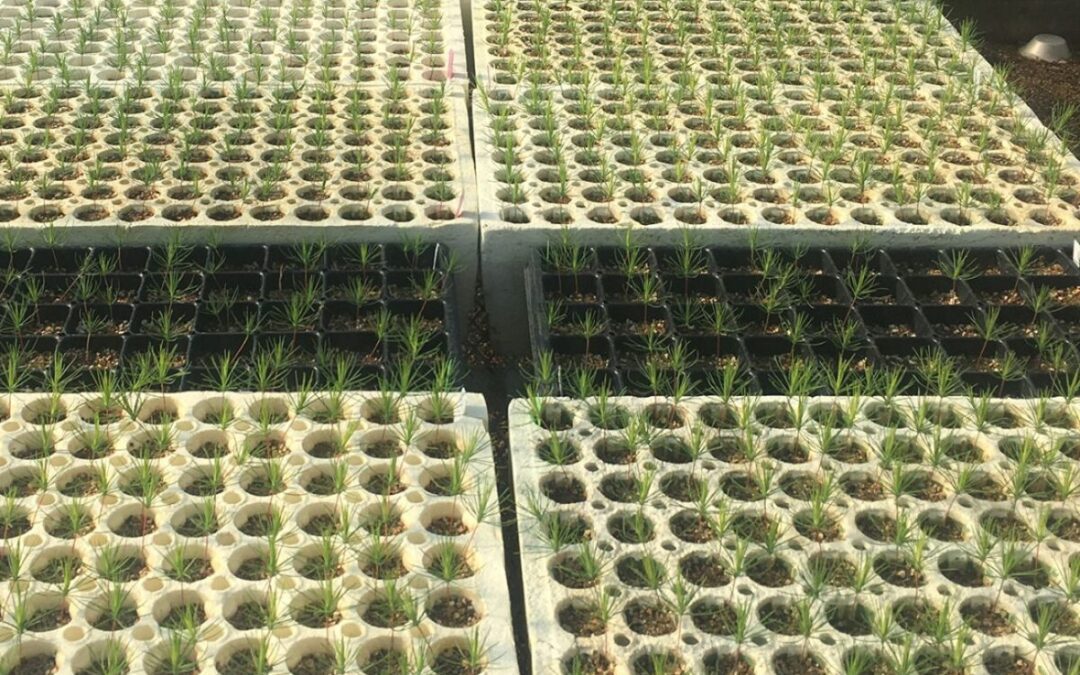
Can Michigan’s forests survive climate change? One researcher is finding out
By Emilio Perez Ibarguen, Capital News Service LANSING – As Michigan’s climate warms, tree species like red pine and eastern white pine may no...
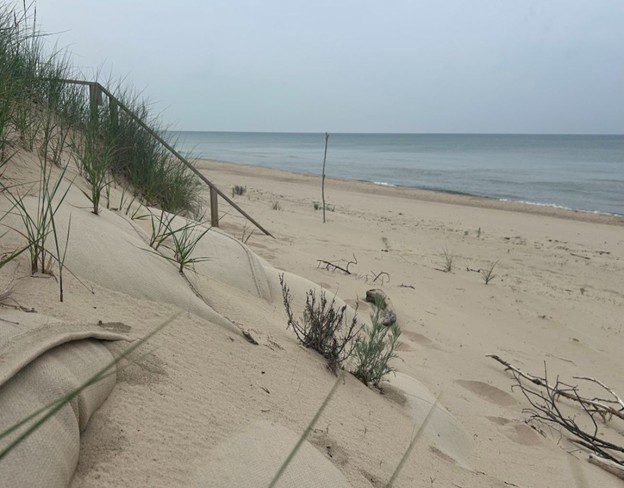
Years after high water crisis, lax policies leave Michigan coast vulnerable
By Emilio Perez Ibarguen, Capital News Service LANSING – Kathy and Tom Brickley knew erosion would be an immutable part of owning a property on Lake...
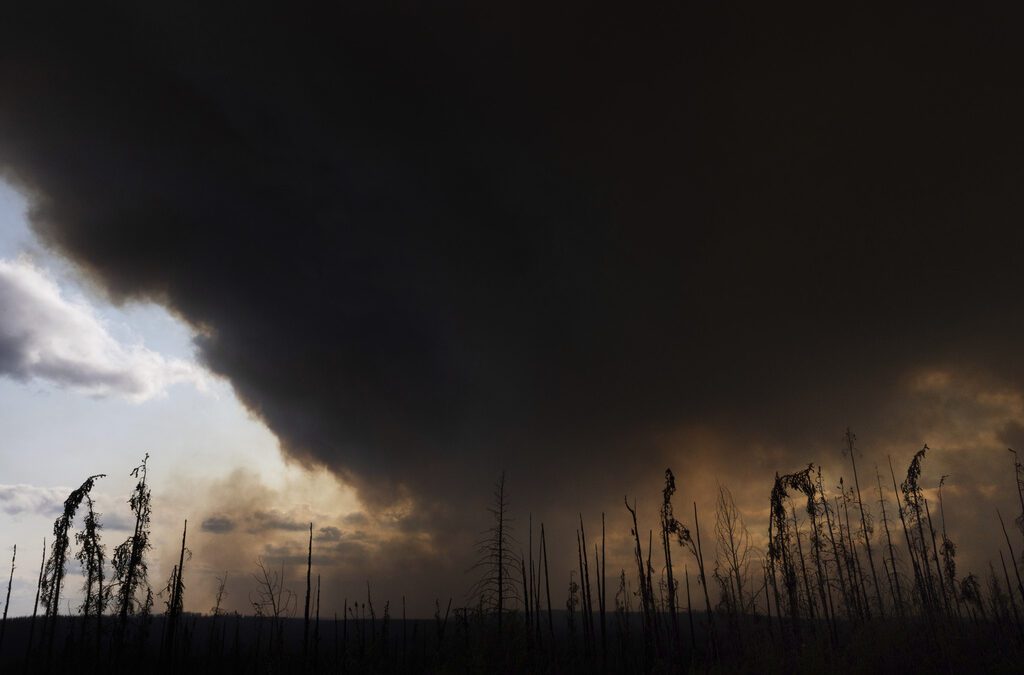
Air quality worsens in eastern US as Canadian wildfire smoke hangs over Midwest
PORTLAND, Maine (AP)—Smoke from Canadian wildfires worsened air quality in the eastern U.S. on Wednesday as several Midwestern states battled...
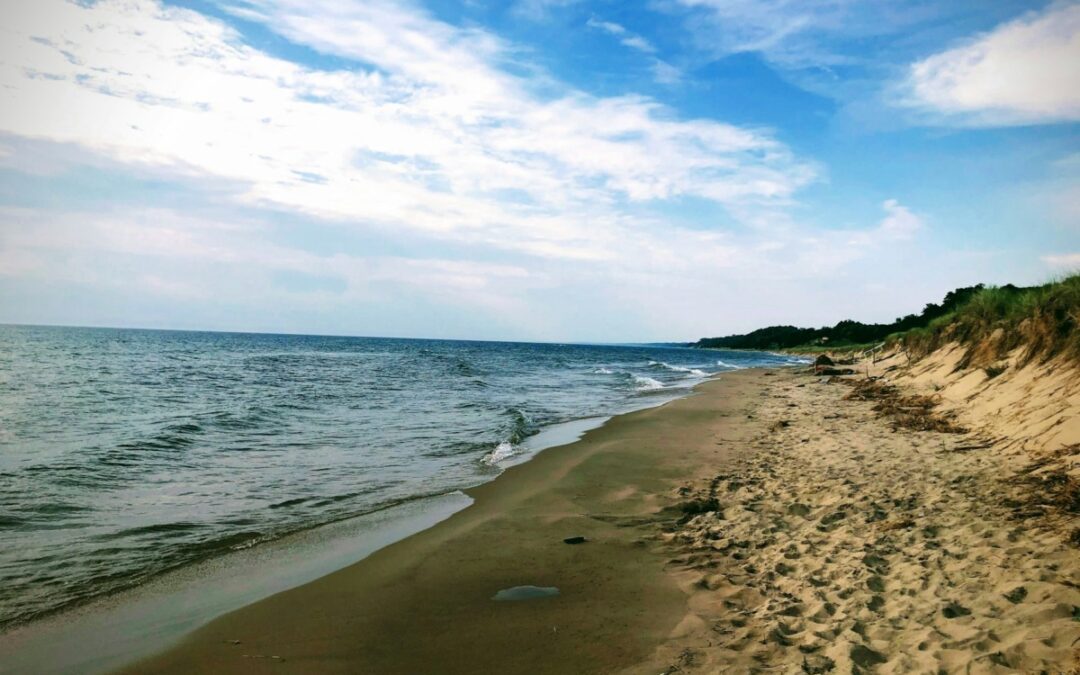
Landmark study finds Great Lakes have entered a new era with climate change, extreme events
The Great Lakes has officially entered a new climate era, and the past is no longer a reliable guide for the future. That's the landmark finding in...



